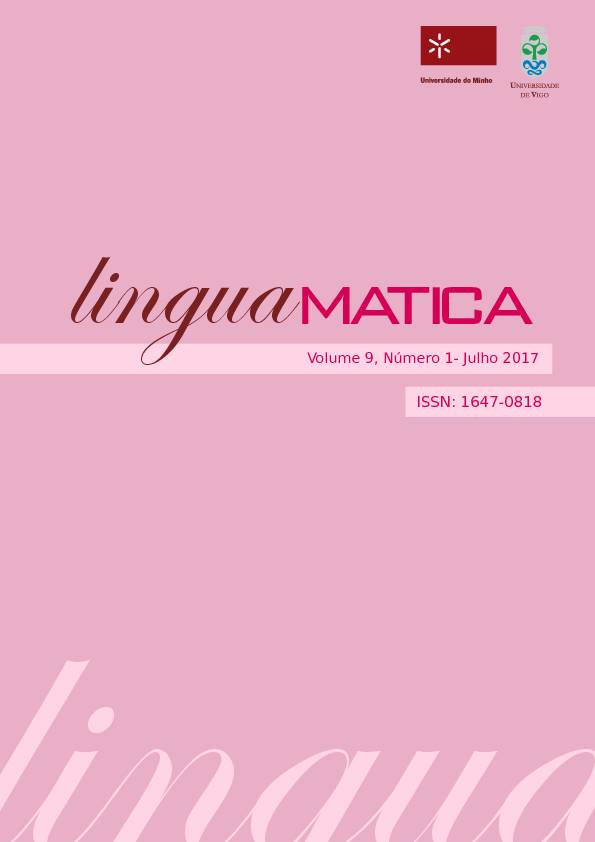BrAgriNews: Um Corpus Temporal-Causal (Português-Brasileiro) para a Agricultura
Resumo
Recentemente tem havido um aumento no interesse, tanto no meio acadêmico quanto na indústria, em aplicações de aprendizagem de máquina e técnicas de inteligência artificial relacionadas com problemas agrícolas. Mineração de texto e técnicas relacionadas com o processamento da língua natural, raramente foram usadas para resolver problemas agrícolas, e muito menos para a língua portuguesa. É possível que um dos fatores que influenciam a escassez no uso técnicas de mineração de texto, para analisar textos em português e resolver problemas agrícolas, pode ser devido à falta de um corpus anotado livremente disponível. Para colmatar a falta de um corpus agrícola em língua portuguesa, estamos liberando um recurso em português-brasileiro voltado para agricultura, descrito neste artigo. O corpus abrange um período parcialmente contínuo de tempo entre 1996 e 2016, consistindo de notícias em português-brasileiro que foram anotadas com o seguinte tipo de informação: causal, sentimento, entidades nomeadas que incluem expressões temporais. O corpus tem recursos adicionais como: treebank, listas de termos frequentes (sem stop-words): unigramas, bigramas e trigramas, bem como palavras ou frases que foram identificados por jornalistas como de domínio específico. Espera-se que a liberação do corpus estimule a adoção da mineração de texto na agricultura na comunidade de pesquisa lusófona.
Ao publicar na presente revista, os autores concordam com os seguintes termos:
- os direitos sobre a obra pertencem aos autores, que apenas concedem à Linguamática o direito de primeira publicação sob a licença Creative Commons, que permite que outros possam redistribuir a obra desde que acompanhada de referência ao autor e à Linguamática.
- os autores podem estabelecer outros contratos para a distribuição não exclusiva da obra, desde que mencionem que a sua primeira publicação foi efectuada na Linguamática.
- para aumentar as referências ao seu trabalho, os autores são encorajados a disponibilizar a obra, como "pré-publicação", antes de ou durante o processo de apreciação pela Linguamática, por exemplo em repositórios institucionais ou nas suas páginas pessoais na rede.













